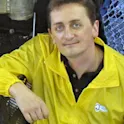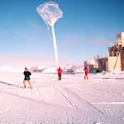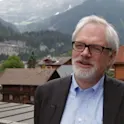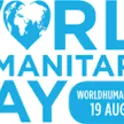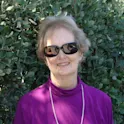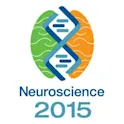
Neuroscience
07 Oct 2015
Join us in Chicago at the Neuroscience 2015 Conference
Going to #SfN15 in Chicago, United-States? Meet Frontiers at Neuroscience 2015 this October 17 – 21! Come chat with us about Open Access publishing, interactive peer-review, becoming an editor, or about hosting your very own Research Topic! A Research Topic allows you to spotlight your area of research by editing a collection of cutting-edge peer-reviewed articles. For example, take a look at this very successful Research Topic in Frontiers in Neuroscience: Neuroinflammation and behaviour has had over 48’000 views and is available as a freely downloadable e-book! You can learn more about Research Topics in this brochure. We are looking forward to seeing you at #SfN15!


